Family
Talk with your child every day about school and encourage them to share their worries. Let them know they can talk to you or an adult if they are being bullied. At this age, your child should have simple chores. Teach your child to help others and discuss rules and consequences with your child.
Development
Teach anger management. This will help your child deal with emotions and prevent aggressive behavior. Some examples are going for a walk, talking, or drawing to calm down. Give your child plenty of affection and read with them every day. Praise your child for good behavior and for doing things on their own. Allow up to 1 hour of screen time a day (phone, tablet, TV). Do not let your child eat in front of the TV or tablet. No TV in the bedroom.
Health
Good hygiene is important. Your child should be washing their hands often after playing outside, using computers/phones, or playing with pets. Children should brush their teeth at least twice a day and floss once a day. Help your child brush their teeth after them. Schedule dentist visits every 6 months. Take your child to the park or have them play outside every day. Make sure your child sleeps 9 to 12 hours every night.
Nutrition
Your child should eat 3 meals and 2-3 healthy snacks a day. Breakfast is the most important meal of the day! Give snacks like fruit, vegetables, turkey/cheese roll-up, and vanilla or plain yogurt (avoid snacks like yakult or danonino). Give your child milk and water instead of juice or sugary sports drinks. Eat together as a family. Children learn by example so remember to eat healthy in front of your child.
Safety
Teach your child to be cautious around cars and never to cross the street alone. Enroll your child in swimming lessons. Have your child wear sunscreen when outside. They should always wear a helmet when riding a bike. Teach your child to be safe around adults. Tell your child that no adult should ask them to keep secrets and no one should see/touch their private parts. Remove firearms from home or lock firearm and ammunition in separate locations. Test smoke detectors monthly, and make sure to replace batteries every year.
Poison Control: 1-800-222-1222
After Hours and Weekends
After 4:00 PM and before 8:00 AM
For medical advice when People’s is closed call After Hours Nurse line at 512-478-4939
Download PDF here.

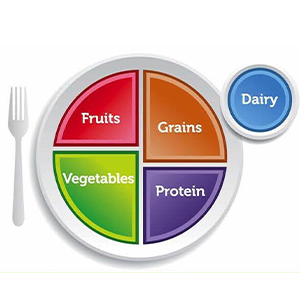
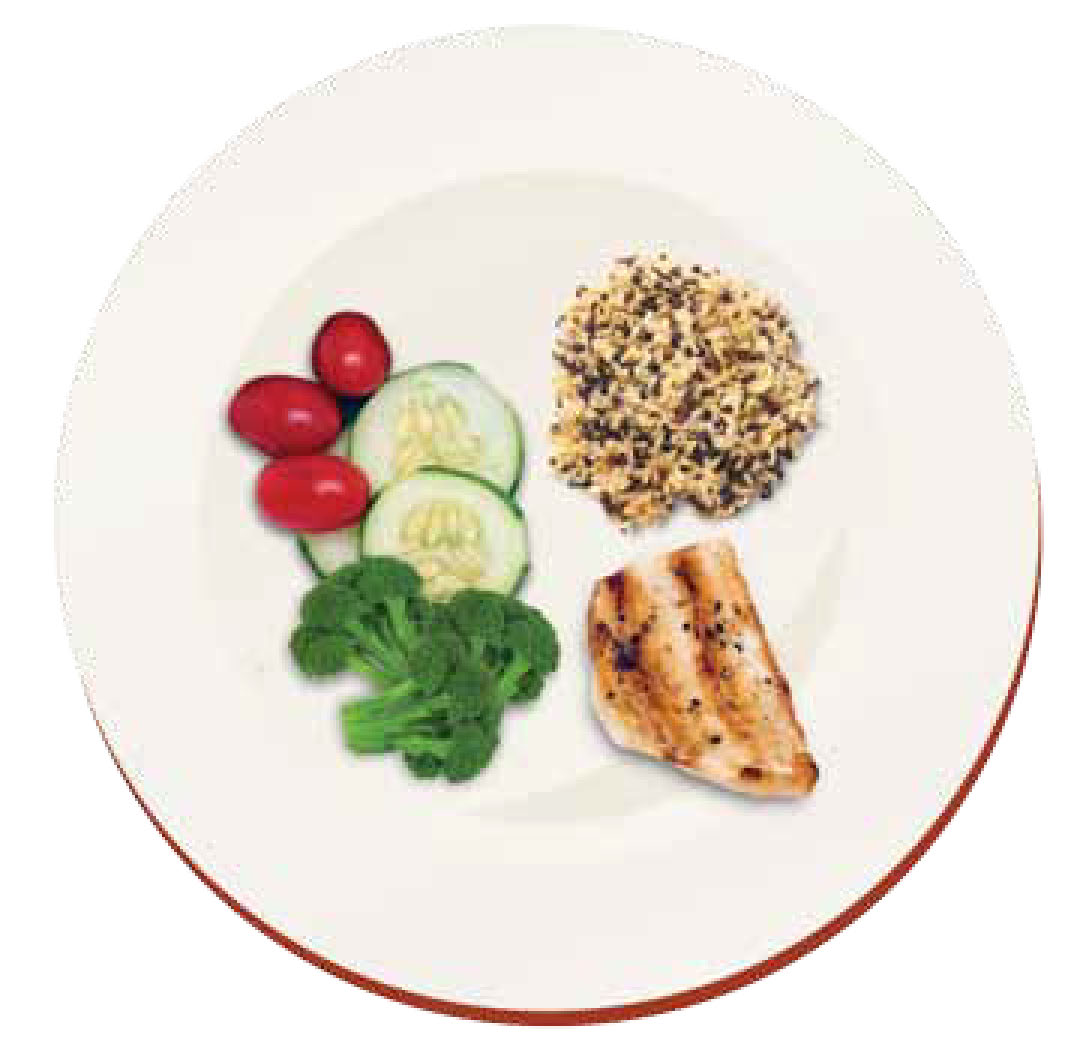
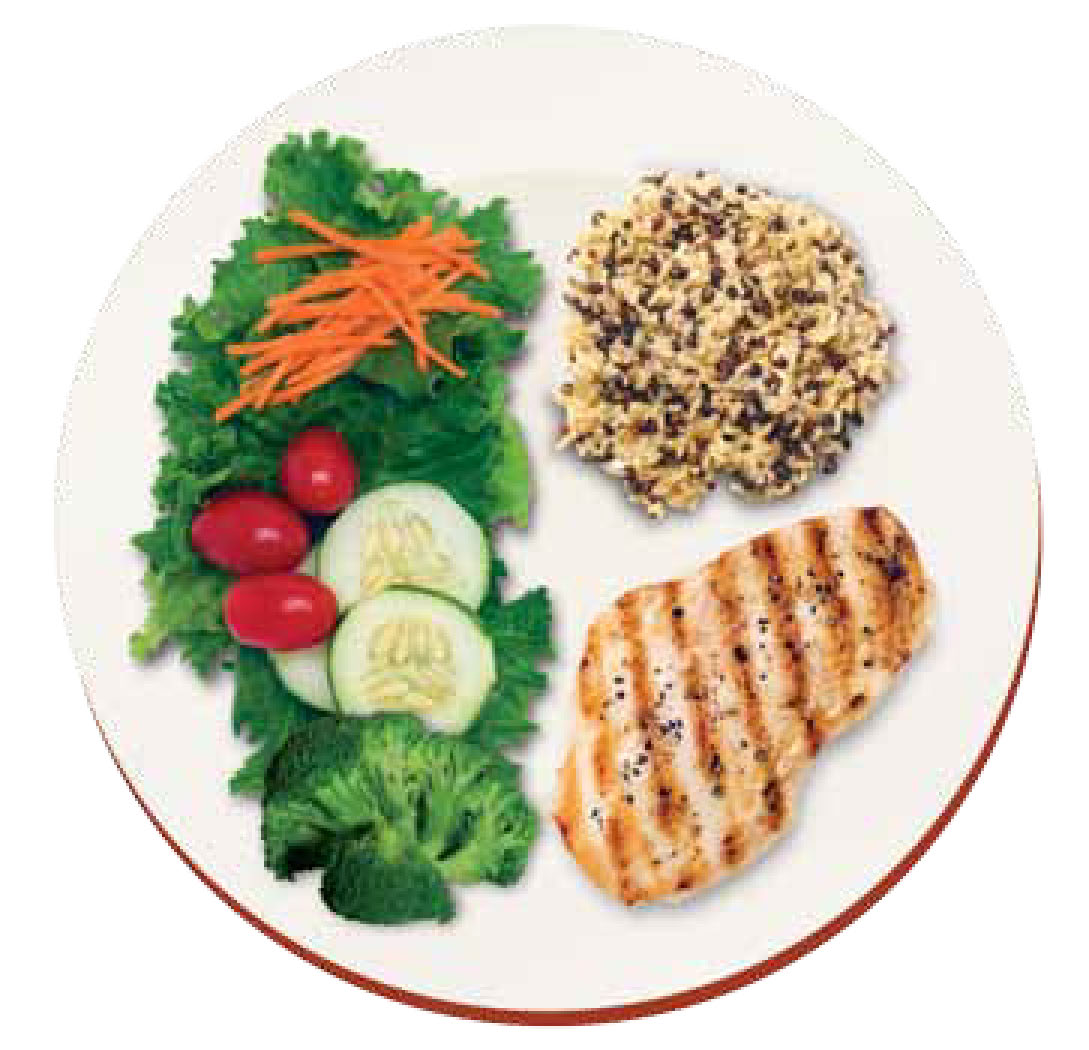
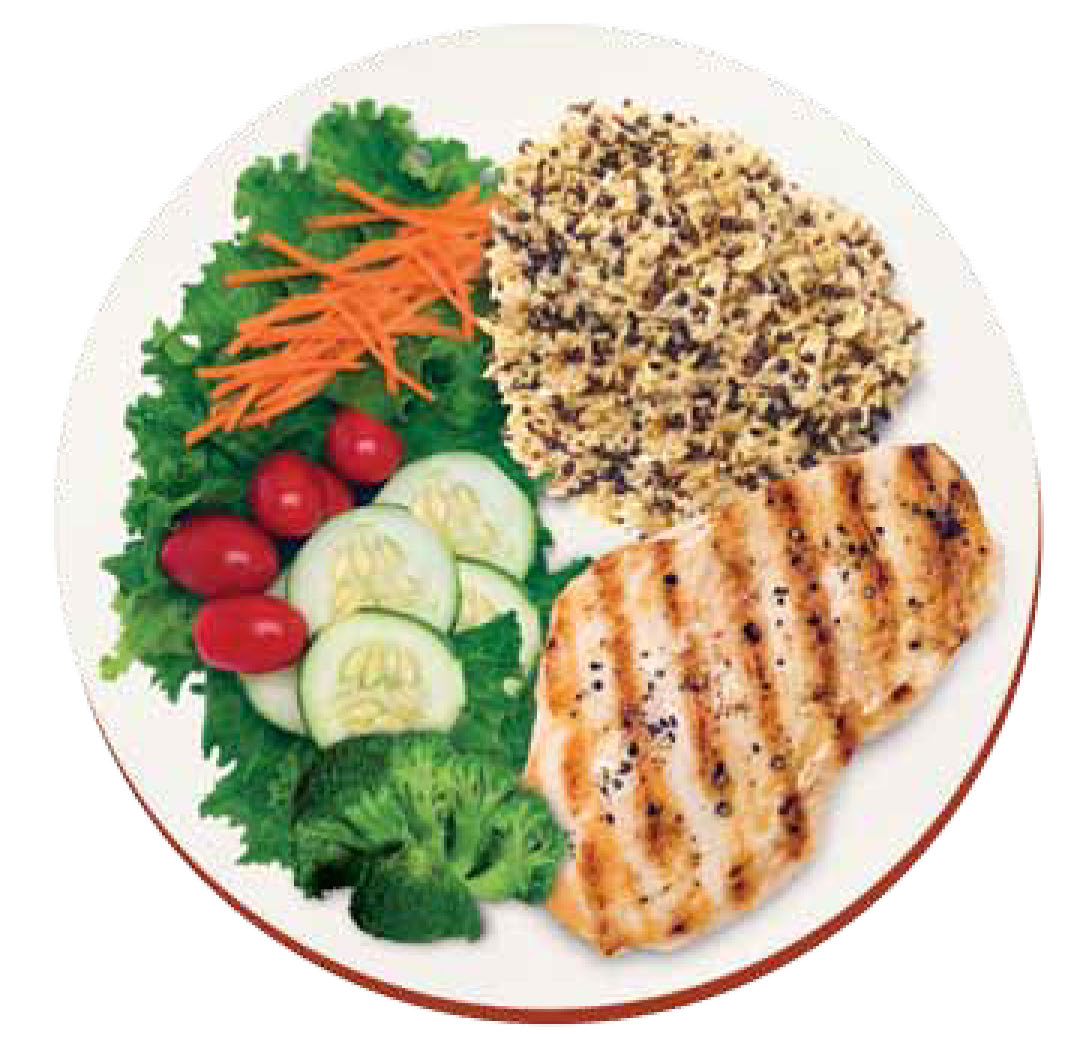
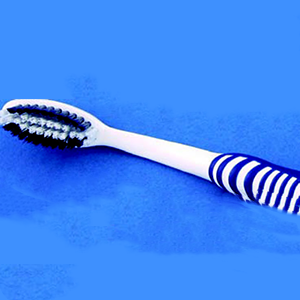
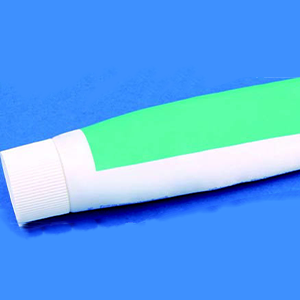
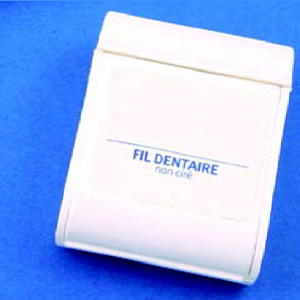
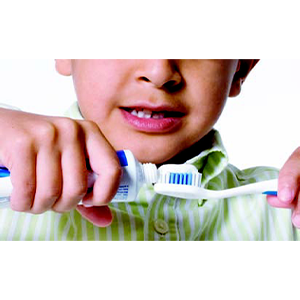
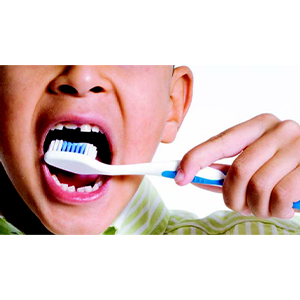
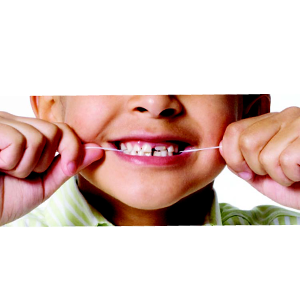

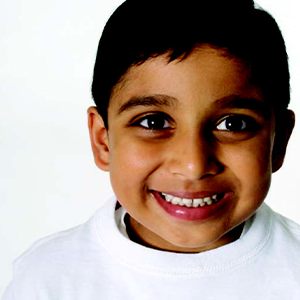
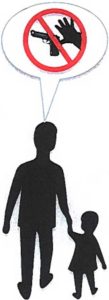 If your children play at another home, talk to the parents about gun safety.
If your children play at another home, talk to the parents about gun safety.